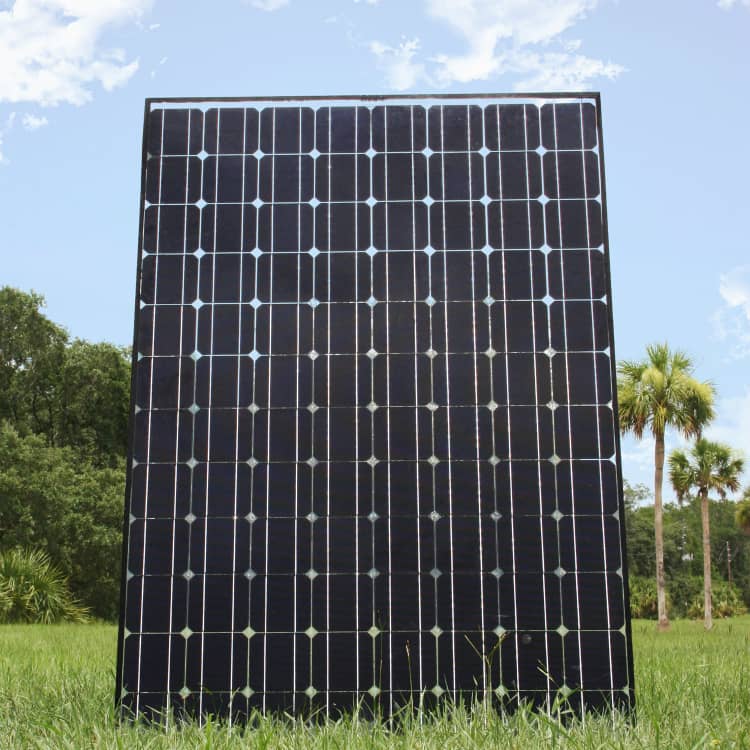 Despite the negative political attention surrounding solar energy investment, U.S. consumers still favor solar power more than any other energy topic, according to the results of a new survey.
Despite the negative political attention surrounding solar energy investment, U.S. consumers still favor solar power more than any other energy topic, according to the results of a new survey.
The survey, conducted by Pike Research, gauges U.S. consumers' level of support for a variety of energy topics, including solar and wind power, the overall smart grid, and smart meters. For the study, the company polled more than 1,000 adults during the third quarter of this year.
According to the report, solar power possesses both the highest percentage of favorable opinions (69%) and the lowest percentage of unfavorable opinions (7%) among all energy and environmental concepts covered in the survey. This concept also received the smallest percentage of neutral (18%) and not sure/not familiar (5%) responses.
However, responses of ‘very favorable’ and ‘favorable’ are down eight percentage points from 2011, when 77% of respondents viewed solar energy in a positive light. While the survey did not explore the reasons behind this decrease, Pike Research says it may be due to the negative media attention around the failure of some solar energy firms in the U.S., such as Solyndra.
A large number of respondents (42%) indicated a very favorable impression of the solar energy concept, making it one of the least controversial green technologies in the eyes of consumers. Pike Research attributes solar energy's high level of consumer acceptance to its relatively long history in the market, the variety of applications and the non-intrusive nature of most solar technologies, including photovoltaic panels.
Pike Research's demographic analysis of responses to the solar energy concept revealed a few distinct trends; high levels of favorable impressions across the gender, income, education and age segments suggest that solar energy enjoys widespread appeal from the mass market, according to the report.
While favorable opinions were high among all education segments, those with the highest level of education had the highest favorable rating for solar energy, at 77%. Those with the lowest level of education, a high school diploma or less, exhibited a distinctly lower percentage of favorable responses (58%), the study found.
Another interesting demographic correlation exists across age segments, Pike Research says. Surprisingly, older respondents were more likely to have a favorable view of solar energy than younger respondents. Although it is commonly assumed that younger consumers are more enthusiastic about energy and environmental concepts, the percentage of favorable responses in the under-30 age segment was 13 percentage points lower than in the 45-64 age segment.Â
However, it was the oldest age segment (65 or older) that had the highest percent of respondents that viewed solar energy positively (76%).
Also of note, solar energy favorability increases as income levels increase, Pike Research says. A higher percent of respondents with incomes of $125,000 or more (80%) had a favorable view of solar energy compared to those with incomes of less than $35,000 (66%).
Shifting attitudes
A segmentation analysis based on behavioral and political trends shows that favorability levels were varied across monthly electric spending segments and that Democrats had higher favorability for solar than Republicans (75% and 65%, respectively), the company adds.
According to Pike Research, there were few notable changes in the survey responses from 2011 to 2012. First, many in the general population are likely to have already formed opinions about energy and environmental topics, and these views are holding steady despite some challenges in the space.
Examples of such challenges include the demise of some high-profile solar energy firms and concerns surrounding smart grids/smart meters and consumer privacy. In addition, despite efforts to educate consumers about the benefits of these energy and environmental topics, attitudes around these topics are slow or difficult to change, the company says.
Meanwhile, since 2009, there have been steady declines in favorability for some concepts, particularly the most favorable concepts, including solar energy, wind energy, hybrid vehicles and electric cars. For other concepts, such as clean coal, nuclear power and biofuels, there has been stabilization in favorability between 2011 and 2012.
Photo credit: Advanced Solar Photonics

